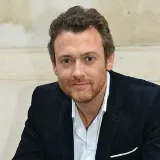
Professor Richard Sullivan
Director, Institute of Cancer Policy and Co-Director of the Centre for Conflict & Health Research
Research interests
- Cancer
Biography
Professor Richard Sullivan's research group studies health systems, particular NCD policy and the impact of conflict on health. He is Professor of Cancer and Global Health at King’s College London, and Director of the Institute of Cancer Policy (ICP) and co-Director of the Conflict and Health Research Group. As well as holding a number of Visiting Chairs, Richard is an NCD advisor to the WHO, civil-military advisor to Save the Children, and a member of the National Cancer Grid of India His research focuses on global cancer policy and planning, and health systems strengthening, particularly conflict ecosystems. He is principle investigator on research programs ranging from automated radiotherapy planning for low resource settings to use of augmented/virtual reality for cancer surgery, through to political economy to build affordable, equitable cancer control plans. Richard has led five Lancet Oncology Commissions and worked on four others. He is currently co-leading Lancet Oncology commissions on the Future of Cancer Research in Europe and Cancer Care in Conflict. In conflict systems, his research teams have major programs in capacity building in conflict medicine across the Middle East and North Africa (r4hc-mena.org), as well as studies of the basic package of health services in Afghanistan, civil-military co-operation in health security, polio eradication and insecurity in Pakistan, and use of intelligence in high security disease outbreaks. Professor Sullivan qualified in medicine and trained in surgery (urology), gaining his PhD from University College London. He was also clinical director of Cancer Research UK between 1999 and 2008. Following a period at the London School of Economics working on complex healthcare systems he moved to King’s College London in 2011.
Research
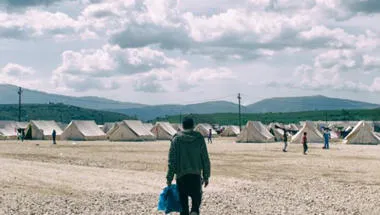
Centre for Conflict & Health Research
Cross disciplinary initiative studying the intersection of global health, security, and political governance in conflict-affected fragile states and regions.

Institute of Cancer Policy
The Institute of Cancer Policy brings together global cancer faculty across King’s College London and it’s NHS partner hospitals under Kings’ Health Partners.
News
The Human Crisis in Cancer: King's co-leads new Lancet Oncology Commission
A new Lancet Oncology Commission co-led by researchers at King’s College London warns of a growing schism between scientific and clinical advances and the...

King's researchers strengthen ties with Ukrainian medical community
Professor Richard Sullivan and Dr Gemma Bowsher from the Centre for Conflict and Health Security at King’s recently visited Lviv to take part in the Global...

Institute of Cancer Policy to lead World Bank strategic review of financing for global cancer
The Institute of Cancer Policy (ICP) at King's has been appointed by the World Bank to lead a major strategic review of global cancer that will inform its...
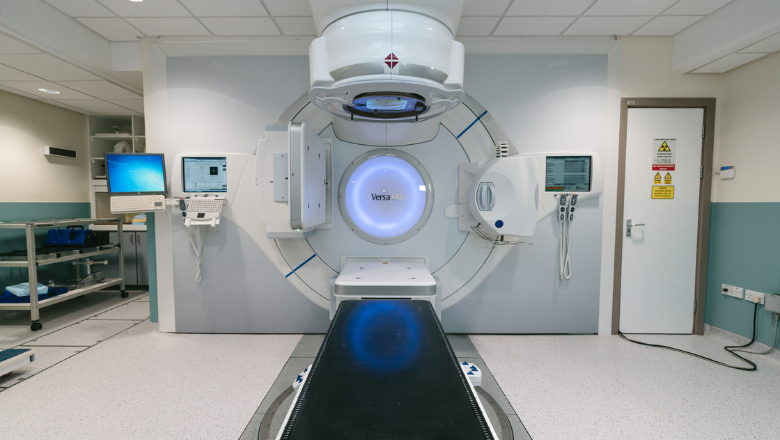
UK cancer care system at critical breaking point, experts warn
Leading cancer experts have warned that the UK cancer care system is facing a critical breaking point, in a call for radical action to head off deepening...

Urgent need for new equipment and investment to meet global radiotherapy shortage
New research calls for investment to address LINAC device shortages which are essential for cancer treatment.
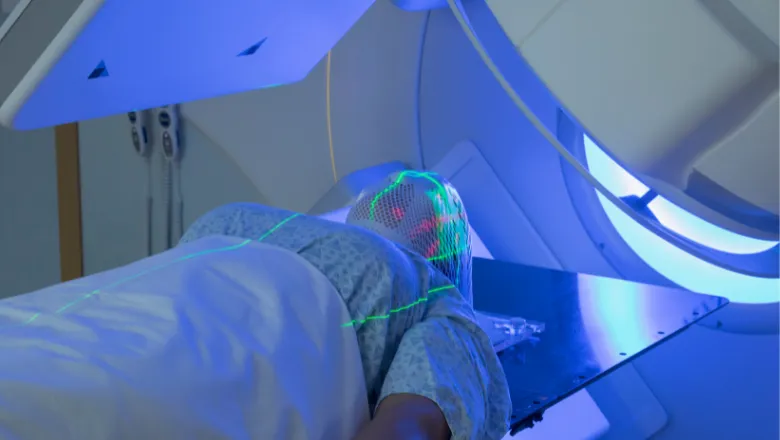
COMMENT: What a Trump presidency means for global health
Global health is likely to be radically altered with Donald Trump in the White House. For starters, the president-elect has made no secret of his dislike for...
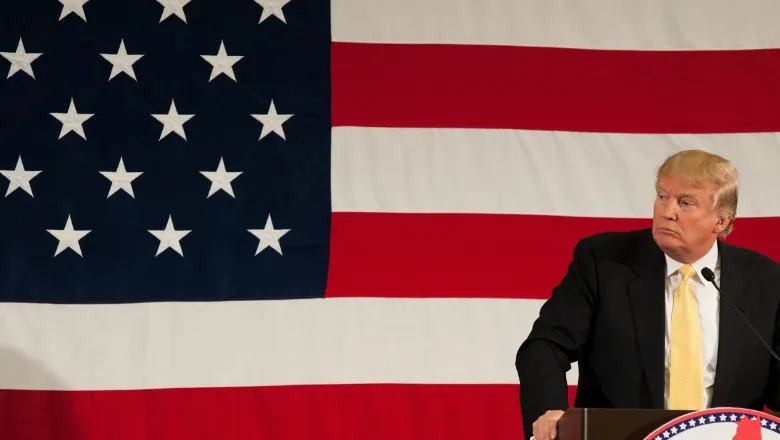
10 cancer challenges facing the new government
Cancer doctors and experts from King’s and across the UK, have argued there are ten time-critical issues impacting the delivery of cancer care services by the...
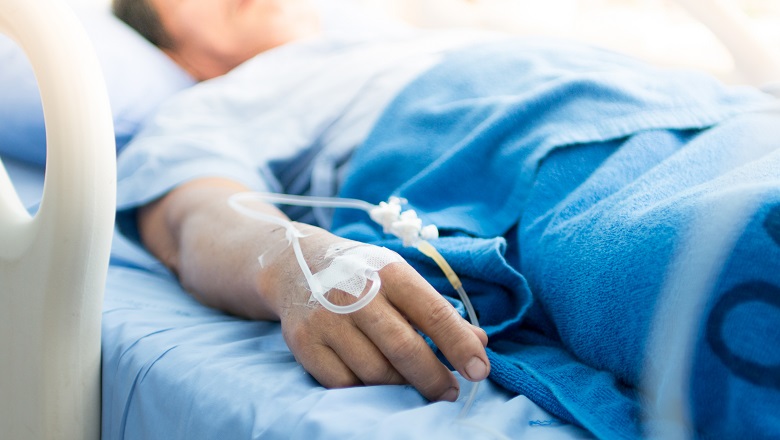
Global analysis of cancer research papers reveals consistent sex imbalance
New research analysing female authorship of cancer research papers over a 10 year period has found a consistent sex imbalance, despite a modest increase in...
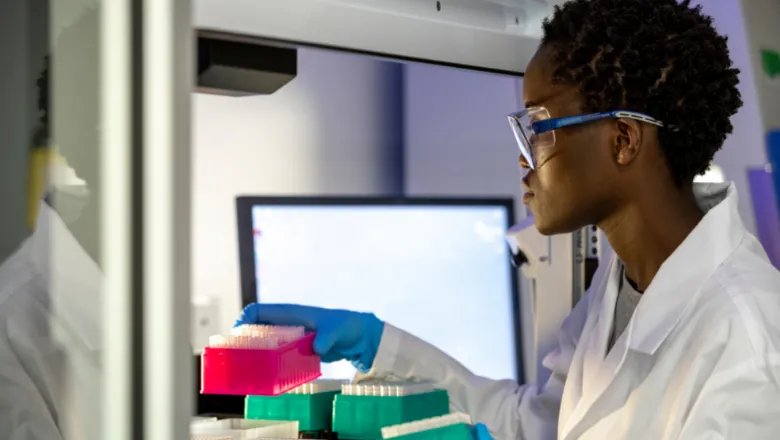
Multi-billion productivity cost of head and neck cancer revealed
New research describes a $5.6 billion (USD) loss of productivity from head and neck cancer in India during 2022, emblematic of its rising economic impact...
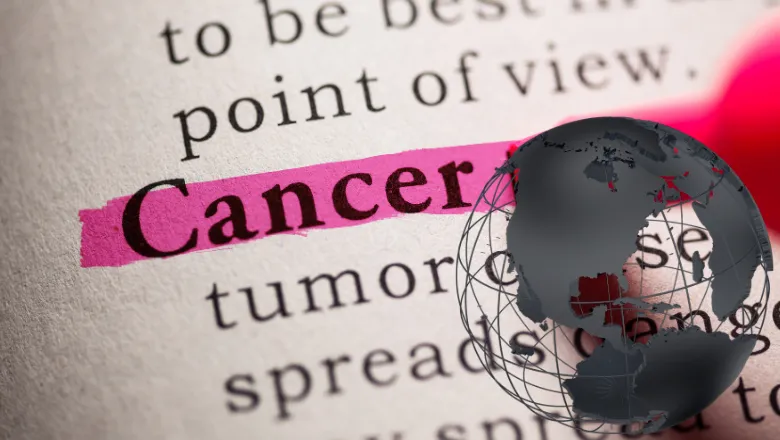
King's helps build cancer partnerships across Sub-Saharan Africa
The Global Oncology Group played a major role at this year’s African Organisation for Research and Training in Cancer (AORTIC) in promoting partnerships and...

Events
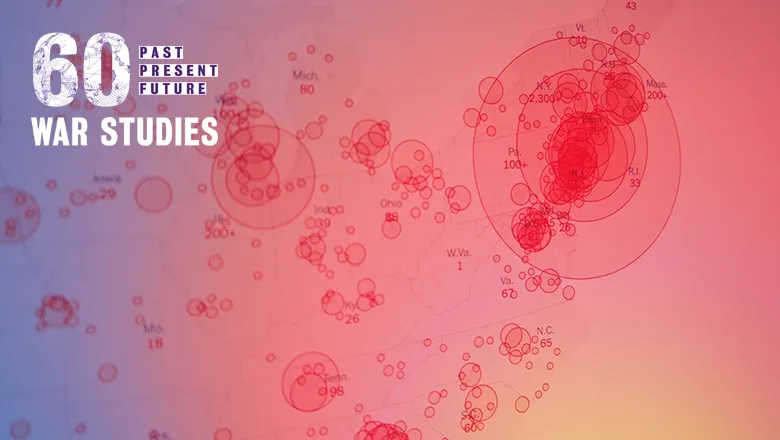
How do we respond to growing threats to health security?
Our fifth War Studies at 60 seminar explores how to manage the scale and diversity of health security threats.
Please note: this event has passed.
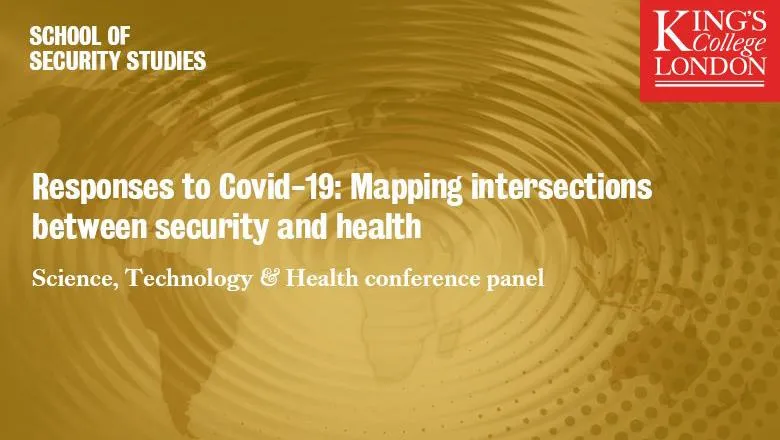
Responses to Covid-19: Mapping intersections between security and health
Science, Technology & Health panel event for the School of Security Studies Research Conference.
Please note: this event has passed.
Features
Time for the next Government to take cancer seriously
Every major political party hoping to be elected to government on the 4th of July mentions cancer care in their manifestos. But will their plans be enough to...

What impact does war have on Ukrainian cancer care?
PROFESSOR RICHARD SULLIVAN: The rapid destruction of infrastructure including hospitals has hugely jeopardised treatment for cancer patients.

Lebanon on life support: How politics made a nation sick
A new multi-national research study shows how a long series of politically-driven crises have created a failed state and a public health disaster in Lebanon.
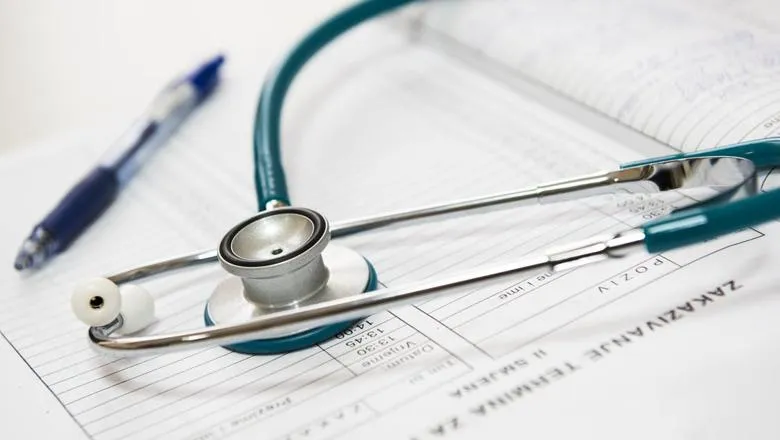
Research

Centre for Conflict & Health Research
Cross disciplinary initiative studying the intersection of global health, security, and political governance in conflict-affected fragile states and regions.

Institute of Cancer Policy
The Institute of Cancer Policy brings together global cancer faculty across King’s College London and it’s NHS partner hospitals under Kings’ Health Partners.
News
The Human Crisis in Cancer: King's co-leads new Lancet Oncology Commission
A new Lancet Oncology Commission co-led by researchers at King’s College London warns of a growing schism between scientific and clinical advances and the...

King's researchers strengthen ties with Ukrainian medical community
Professor Richard Sullivan and Dr Gemma Bowsher from the Centre for Conflict and Health Security at King’s recently visited Lviv to take part in the Global...

Institute of Cancer Policy to lead World Bank strategic review of financing for global cancer
The Institute of Cancer Policy (ICP) at King's has been appointed by the World Bank to lead a major strategic review of global cancer that will inform its...

UK cancer care system at critical breaking point, experts warn
Leading cancer experts have warned that the UK cancer care system is facing a critical breaking point, in a call for radical action to head off deepening...

Urgent need for new equipment and investment to meet global radiotherapy shortage
New research calls for investment to address LINAC device shortages which are essential for cancer treatment.

COMMENT: What a Trump presidency means for global health
Global health is likely to be radically altered with Donald Trump in the White House. For starters, the president-elect has made no secret of his dislike for...

10 cancer challenges facing the new government
Cancer doctors and experts from King’s and across the UK, have argued there are ten time-critical issues impacting the delivery of cancer care services by the...

Global analysis of cancer research papers reveals consistent sex imbalance
New research analysing female authorship of cancer research papers over a 10 year period has found a consistent sex imbalance, despite a modest increase in...

Multi-billion productivity cost of head and neck cancer revealed
New research describes a $5.6 billion (USD) loss of productivity from head and neck cancer in India during 2022, emblematic of its rising economic impact...

King's helps build cancer partnerships across Sub-Saharan Africa
The Global Oncology Group played a major role at this year’s African Organisation for Research and Training in Cancer (AORTIC) in promoting partnerships and...

Events

How do we respond to growing threats to health security?
Our fifth War Studies at 60 seminar explores how to manage the scale and diversity of health security threats.
Please note: this event has passed.

Responses to Covid-19: Mapping intersections between security and health
Science, Technology & Health panel event for the School of Security Studies Research Conference.
Please note: this event has passed.
Features
Time for the next Government to take cancer seriously
Every major political party hoping to be elected to government on the 4th of July mentions cancer care in their manifestos. But will their plans be enough to...

What impact does war have on Ukrainian cancer care?
PROFESSOR RICHARD SULLIVAN: The rapid destruction of infrastructure including hospitals has hugely jeopardised treatment for cancer patients.

Lebanon on life support: How politics made a nation sick
A new multi-national research study shows how a long series of politically-driven crises have created a failed state and a public health disaster in Lebanon.

